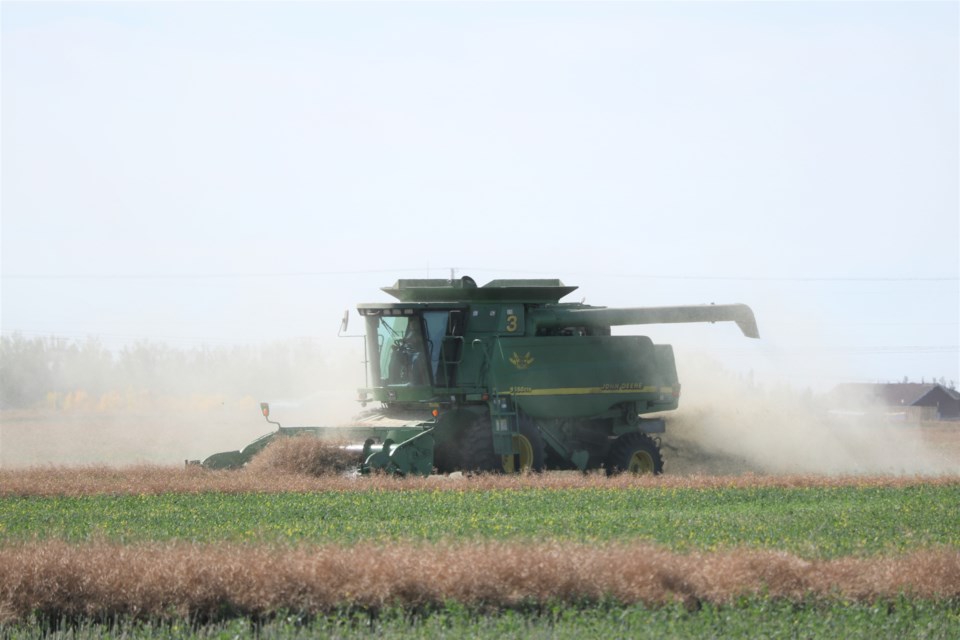YORKTON - For anyone who pauses for even a couple of minutes to reflect on what drives Saskatchewan the answer is quite obviously agriculture.
The same is largely true for the rest of the Prairies too.
Yes today the economies are more diverse, oil and gas, and potash being examples, but take away agriculture and the region would be a mere shadow of what it is today.
In that regard it was interesting to attend a recent Arbor Week event held at the old brick mill location in Yorkton.
During the event it was noted how the mill was once a hub of activity locally. Farmers would bring wheat in and take home flour and the time spent at the mill made it a place to share stories and create friendships.
The rather unassuming box-like building which has stood for decades hardly looks like it could have been so integral to the early days of Yorkton, but it was.
People populated the area to farm, and a flour mill was an important market which helped Yorkton in it’s path to being an agricultural service centre.
Flash-forward to today and that has not changed.
As was pointed out the city is very much a farm-service hub albeit more diverse than a wheat flour mill.
We know the importance of canola crushing the city, and how major expansion to both the Richardson and Louis Dreyfus crush facilities are impacting the local economy in a major way through construction jobs and ultimately new plant jobs.
“We’re ecstatic,” said Yorkton Mayor Mitch Hippsley regarding the LDC expansion announcement.
Hippsley said the city will get a short-term construction boost and then long-term jobs when completed.
“It will add all kinds of new lifeblood to the city,” he said, adding construction will be a two-to-three-year process and that means construction crews spending dollars while in Yorkton.
But canola is just one facet of the processing done locally, with oat processing, flax crushing, and meat processing all contributing in a major way to the city.
Then of course are the implement dealerships, and fertilizer distributors and other businesses which exist only to serve farm customers.
Yorkton is certainly not unique in being a farm service hub community, but it is a very obvious example of how agriculture is critical in terms of business development in the province.
It is simply the province remaining farm-based at its core, and communities reaping the benefit as businesses develop to serve the ag sector. It has been that way for more than a century and will no doubt remain so for decades to come.

